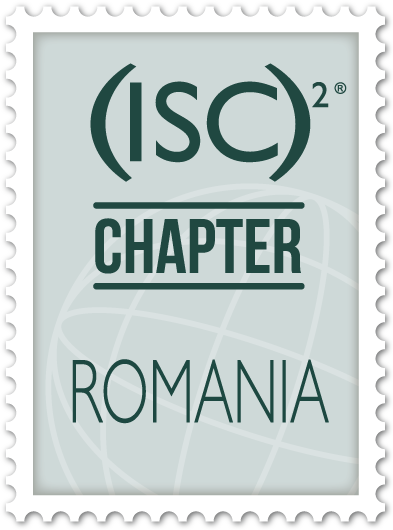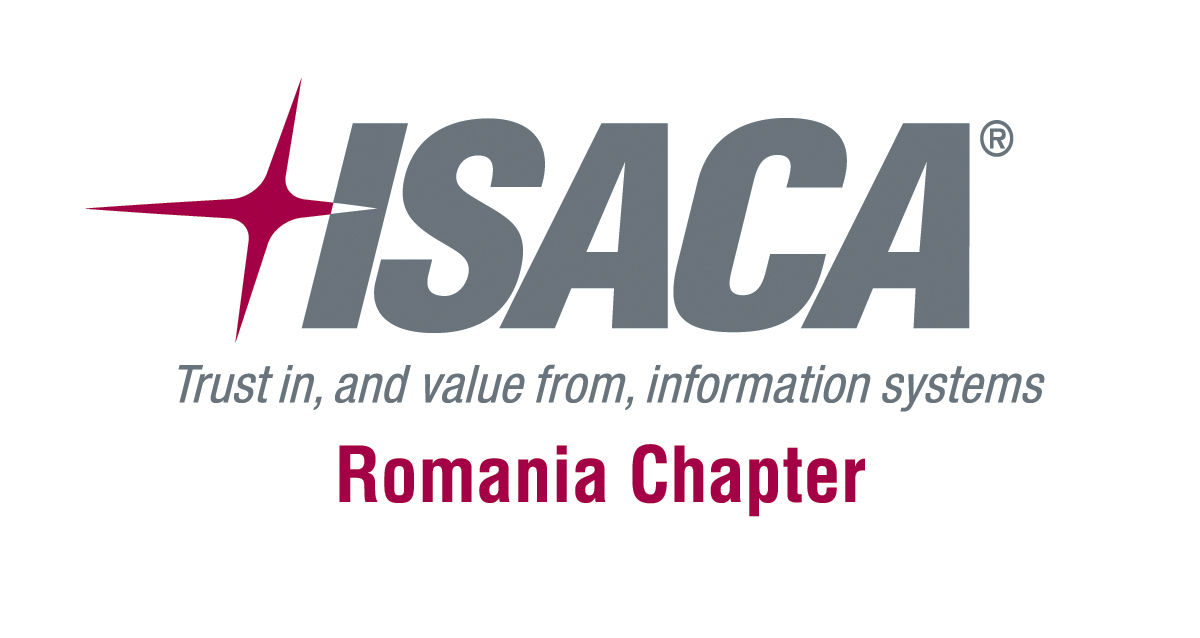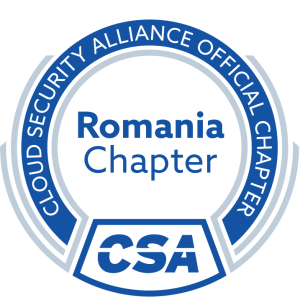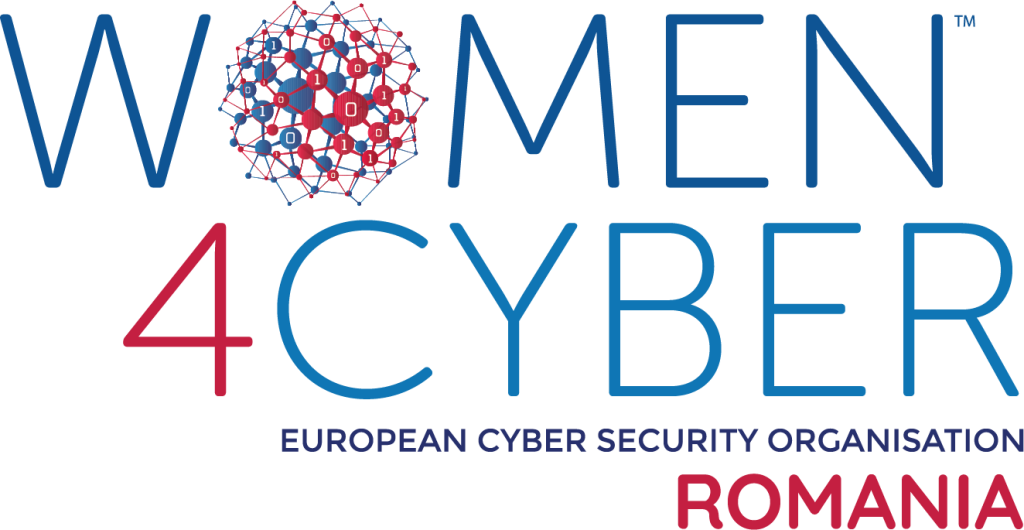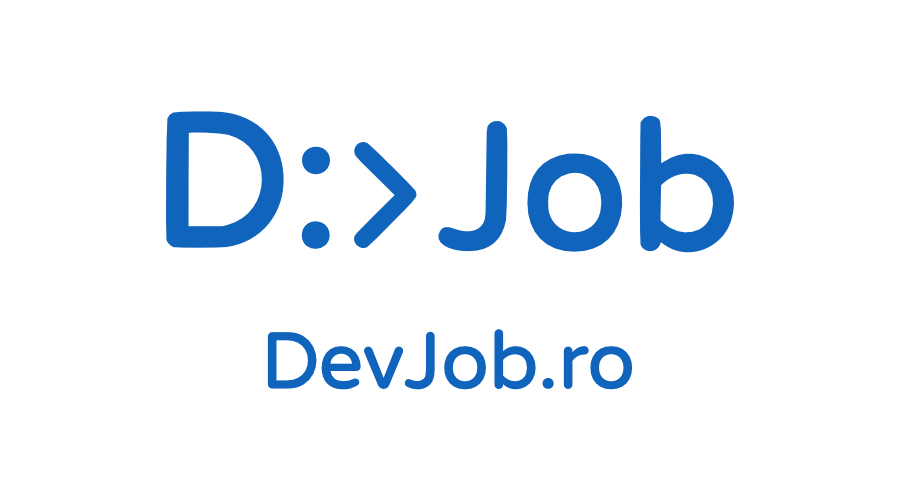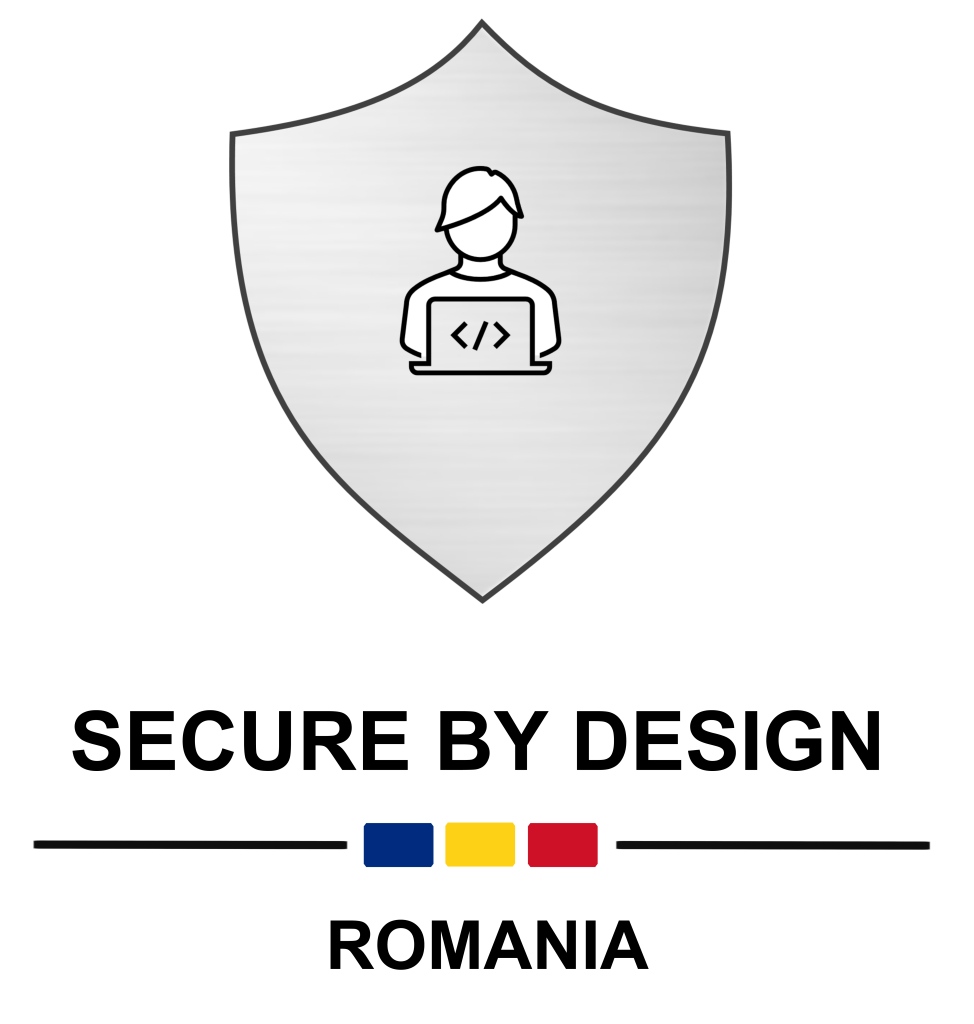BIOGRAPHY
Georgia Weidman is a penetration tester, security researcher, and trainer. She holds a MS in computer science as well as holding CISSP, CEH, and OSCP certifications. Her work in the field of smartphone exploitation has been featured in print and on television internationally. She has provided training at conferences such as Blackhat USA, Brucon, and Security Zone to excellent reviews. Georgia founded Bulb Security LLC, a security consulting firm specializing in security assessments/penetration testing, security training, and research/development. She was awarded a DARPA Cyber Fast Track grant to continue her work in mobile device security culminating in the release of the open source project the Smartphone Pentest Framework (SPF). Georgia is a member of the spring 2015 cohort at the Mach37 cyber accelerator, founding Shevirah Inc. to create product solutions for assessing and managing the risk of mobile devices in the enterprise and testing the effectiveness of enterprise mobility management solutions. She is the author of Penetration Testing: A Hands-on Introduction to Hacking from No Starch Press.
Twitter: twitter.com/georgiaweidman
Github: github.com/georgiaw
Integrating Mobile Devices into Your Penetration Testing Program
Though still an imperfect science in many ways, penetration testing is often our only way of assessing the effectiveness of our security programs against actual attackers. As mobile devices enter the enterprise en masse, much focus has been on securing them and limiting the risk of BYOD using EMM, MDM, MIM, pick your favorite security control acronym. While many shops are engaging in code review, static analysis, pentesting, etc. against custom mobile applications built in house, even enterprises with mature security programs are often ignoring mobile devices and the surrounding infrastructure in their security testing. It seems like common sense to provide adequate security testing for all devices on corporate networks, particularly when spending large chunks of budget on security controls around BYOD. If we have a DoS protection, we put it in front of staging and hit it with DoS attacks. If it falls down, the control is not providing return on investment. If we have a patch management practice we make sure there are no missing patches leading to compromise during our penetration tests, and if there are, we augment our security program accordingly. We need to be doing the same around mobile. How secure are these devices really against attack? If they are compromised what data on the device is in jeopardy? What other assets in the enterprise are now at risk of attack from the compromised mobile device? By using traditional penetration testing techniques augmented for the unique attack vectors for mobile devices we can assess these risks and get a clear picture of the risk of BYOD in the environment. In this workshop we will discuss techniques along with live demonstration scenarios of penetration tests on mobile devices and the surrounding infrastructure. From mobile phishing to undermining security controls to using compromised mobile devices as pivot points, the mobile risk is real and we need to be simulating it in our security testing. We will discuss how these techniques can augment and extend penet! ration testing and how they can be seamlessly integrated into your existing security program.
Are you the next cyber security superstar?
If you are passionate about an information security topic or you have strong technical skills developing researches on your own, you should definitely Apply at Call for Papers. By submitting you will have the chance to showcase your work to +2000 attendees.
Other speakers joining this year
Cosmin Anghel
Incident Manager UTI-CERT
David Sancho
Senior Malware Researcher Trend Micro (ES)
Andrei Costin
Co-founder Firmware.RE (RO/FR)
Ready for this year's presentations?
By registering you will unlock access to 60+ speakers and two full days with cyber security news & showcases from worldwide leaders.
COMPETITIONS
Sponsors & Partners
They help us make this conference possible.
POWERED BY
Orange Business is a key division of Orange Romania, specializing in providing cutting-edge communication, technology, and digital transformation solutions tailored to businesses of all sizes. With a strong emphasis on innovation, Orange Business offers a wide array of services, including high-speed connectivity, cloud computing, cybersecurity, Internet of Things (IoT), and managed services. Their mission is to support organizations in their digital transformation journey by enhancing operational efficiency, improving customer experience, and maintaining a competitive edge in a rapidly changing digital environment.
Orange Business combines deep technological expertise with a customer-centric approach, ensuring that each solution is customized to meet the specific needs of their clients. Their commitment to innovation and excellence makes them a trusted partner for businesses seeking to thrive in the digital age.






















